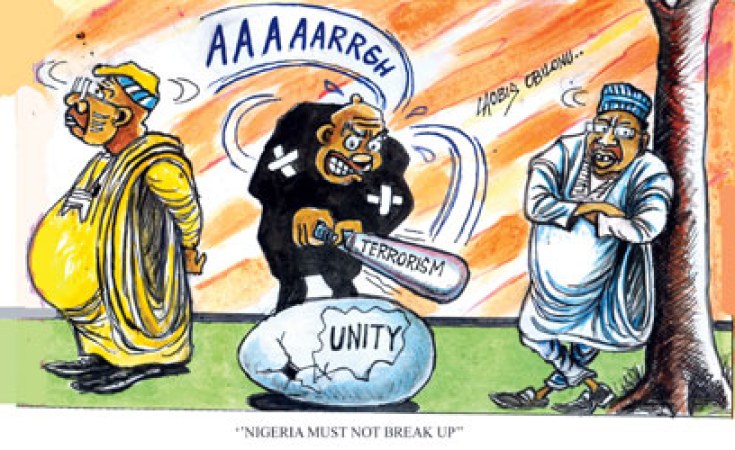An alleged Boko Haram commander has called a unilateral ceasefire. Why now? And will it stick?
On 28 January, Sheik Abu Mohammed Ibn Abdulazeez, alleged commander of Nigeria's Islamist militants Boko Haram, called for the group to halt attacks on state, security and civilian interests. Boko Haram attacks are thought to have left as many as 3,000 people dead across Nigeria since the uprising began in 2009.
Abdulazeez further called upon security personnel to reciprocate the gesture as a means of facilitating conciliatory dialogue between the Boko Haram leadership and the Nigerian government, which would be aimed at ending the group's nearly decade-long insurgency.
While considered a positive development, it is unlikely the decree will result in an immediate cessation of insurgent attacks in Nigeria.
For one, Boko Haram's supreme leader, Abubakar Shekau, has yet to comment on the group's willingness to enter into a ceasefire agreement with the Nigerian government. Given the known structure of Boko Haram, regional commanders such as Abdulazeez form part of the organisation's top leadership structure referred to as the Shura Council. The Shura Council, which comprises 30 members who are each responsible for a specific and independent operational cell, receives most of its directives from Shekau. Given this hierarchical structure of the movement, it is likely that that the issuing of a unilateral ceasefire will only likely be adhered to if it was issued by Shekau directly. This assessment was best explicated in November 2012 when a similar call for conciliatory dialogue by Abdulazeez was ignored by sect members who continued their insurgent attacks unabated.
In addition, the precarious timing of the ceasefire declaration is another factor which casts doubt on its efficacy. The Nigerian government has committed itself to aiding ongoing combat operations in northern Mali which is aimed at uprooting Islamist militant groups such as al-Qaeda in the Islamic Maghreb (AQIM), Movement for Unity and Jihad in West Africa (MUJAO) and Ansar Dine. Discernible linkages between Boko Haram and the aforementioned insurgent groups have already been identified, and it was anticipated that Nigeria would experience an increase in insurgent attacks in response to its categorical support of military operations in Mali.
But while concerns of counterinsurgency operations extending to Nigeria may have prompted the ceasefire declaration, the decision would remain at odds with the core Wahhabi doctrine of the organisation which would compel Boko Haram members to aid their Malian-based jihadist counterparts.
Furthermore, even in the event that Boko Haram militants unilaterally comply with the ceasefire directive, Nigeria faces a secondary Islamist terrorist threat from a like-minded but independent militant group known as Ansaru. The group, which is also known to be affiliated to transnational terrorist organisations such as AQIM, has claimed responsibility for at least two major attacks in Nigeria including an armed attack on the Special Anti-Robbery Squad headquarters in the capital, Abuja, and the more recent ambush targeting a Malian-bound convoy of Nigerian soldiers in Kogi state on 19 January.
Andre Colling is an analyst at Red24. red24 is a crisis management assistance company providing guidance, assistance and response within crisis management, travel tracking, product recall, kidnap and ransom and travel security. Follow red24 on twitter @red24security.


